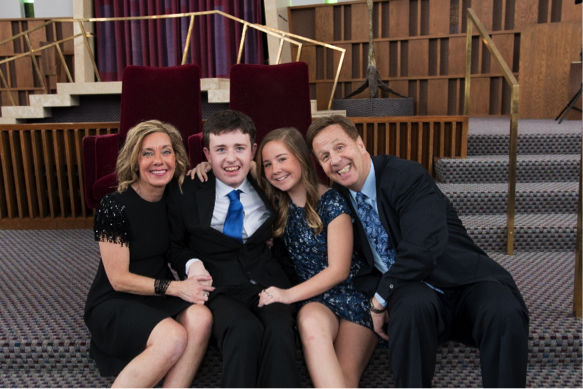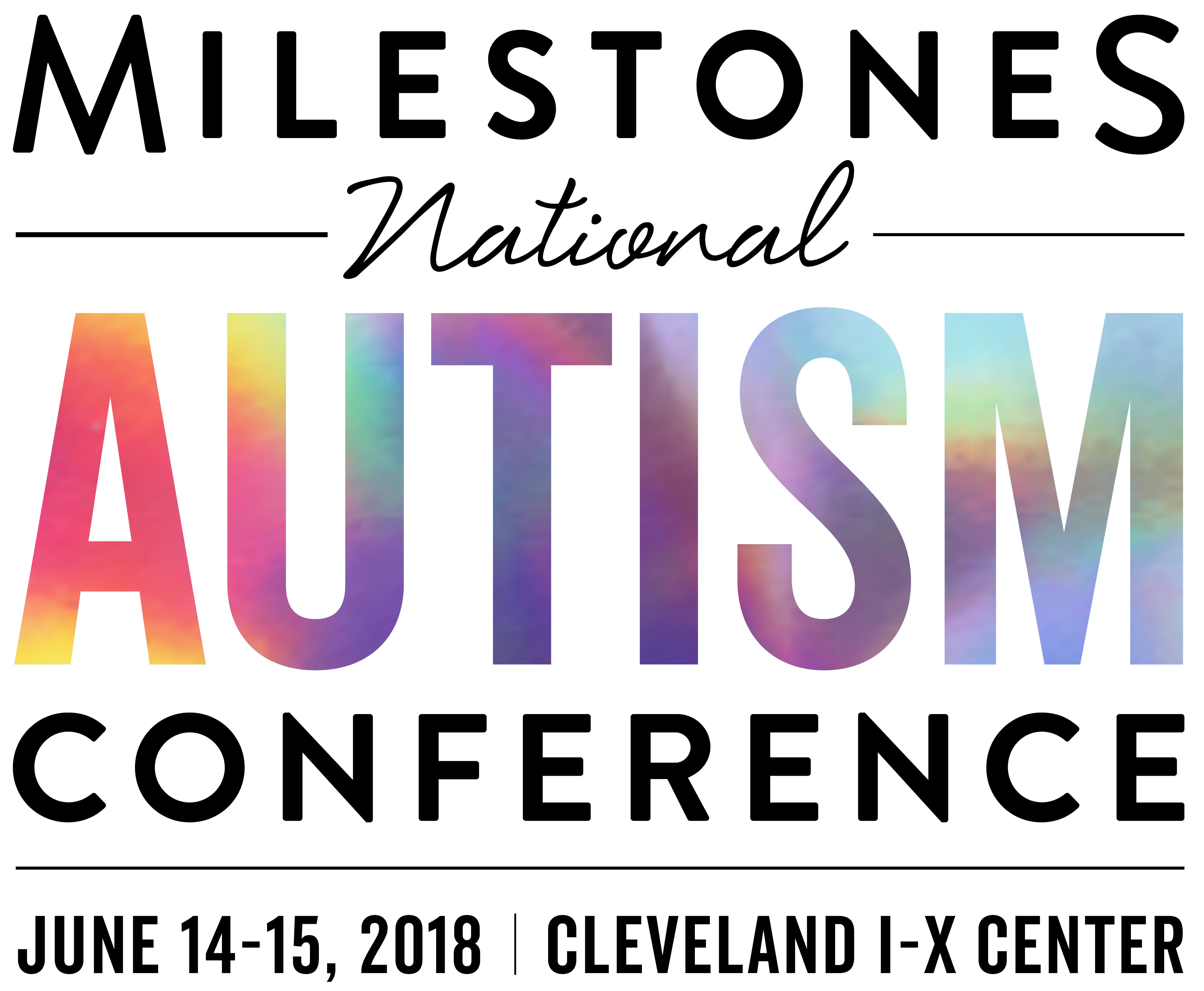by Leslie Rotsky
Once upon a time my husband and I were afraid to utter the word ‘autism.’ We thought that merely saying the word aloud would make autism a reality for our son, Jacob. Like many parents who suspect or learn their child has autism, we were in denial big time. After denial, we experienced a period of grief. But in time we realized that whether Jacob had autism or not, our goal as parents was to help him reach his fullest potential and live the best life possible. That’s when we rolled up our sleeves and got busy.
Sharing the News We began telling our families and friends about Jacob’s diagnosis. Some relatives had questions we couldn’t answer. Some friends wanted to help but we didn’t know how or what they could do. Yet, whatever responses we got were almost a relief because they got us openly talking about autism—they got us over the fear of Jacob’s diagnosis. They got us ‘unstuck’ and focused us on beginning to build a support team.
Knowledge Is Power Two seconds after getting Jacob’s diagnosis, we realized that there was no instructional manual that came with it. We were on our own. Scary. My husband and I had zero experience with autism so we had to begin educating ourselves. We did online research, read articles, sought out parent-friendly websites and support groups, and started attending local autism workshops. The one thing we soon stumbled upon was not knowing what information was trustworthy. Would some therapies offer false hope? Be a waste of money? Maybe even be harmful to Jacob? We quickly learned that we should focus on ‘evidence-based’ strategies and interventions only as these were backed by studies and reliable research. A friend recommended that we attend the Milestones Autism Conference which was so beneficial. The conference opened our eyes to evidence-based interventions, tons of new resources, and we also met experts in the field as well as other parents who were walking in our shoes. On an emotional level the conference energized us—we looked around and realized we were not alone. On a practical level, the conference armed us with new strategies to try and helped us to begin to put a plan in place for Jacob.
Network, Network, Network In addition to the research we were doing, we continued networking with other families and parents who had children with autism. We found that other parents were extremely willing to help us. We called people on the phone, emailed them, and met for coffee. We asked them and found out about local programs, schools, therapists, tutors, activities, and upcoming events. We learned a lot in the parking lot from other moms, dads, and grandparents as we waited to pick Jacob up from school. We found parents of older children who could mentor us. We began volunteering at autism agencies like Milestones Autism Resources, Friendship Circle, and Autism Speaks so we could continue to widen our circle of resources.
Sibling Support At the time Jacob was getting diagnosed, my daughter Annie was born. From the very beginning we knew we could either include Annie in Jacob’s care and interventions, or we could exclude her. Thankfully, we decided to include her. At a young age we talked to her about Jacob’s autism and how he learned differently than she did. As we were learning how to play and communicate with Jacob, she was right there learning with us. Then and now she is a huge motivating force for her brother not to mention his best friend.
Divide & Conquer Raising a child with autism takes all hands on deck. Along the way, my husband and I discovered that we were each good at very different things when it came to Jacob. For example, I could pour over IEP goals and objectives but that certainly wasn’t my husband’s strong suit. My husband, who is in sales, was very good at talking to Jacob’s teachers and therapists and getting to know them on a personal level. These relationships enabled us to have a stronger more dedicated team. So, decide how you can best divvy up tasks with your spouse or other members of your support team.
Once upon a time my husband and I were afraid to utter the word ‘autism.’ Fifteen years later we are strong advocates for our son and have discovered the joys of raising a child with autism. If we can do it, so can you.
Milestones Conference Director Leslie Rotsky has 25 years of experience as a teacher, curriculum developer, and event planner. Leslie pours her passion for autism into providing education for parents and professionals in effective behavioral interventions and best practices. She ensures Milestones Annual Conference is chock-full of evidence-based information and field-tested ideas. Raising two young children, one of whom has autism, is her biggest accomplishment to date.


